-
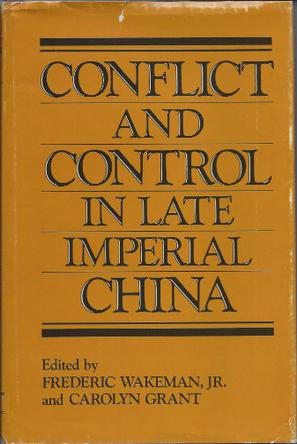
Conflict and Control in Late Imperial China
-
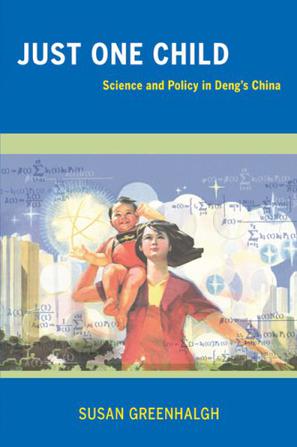
Just One Child
China's one-child rule is unassailably one of the most controversial social policies of all time. In the first book of its kind, Susan Greenhalgh draws on twenty years of research into China's population politics to explain how the leaders of a nation of one billion decided to limit all couples to one child. Focusing on the historic period 1978-80, when China was just reentering the global capitalist system after decades of self-imposed isolation, Greenhalgh documents the extraordinary manner in which a handful of leading aerospace engineers hijacked the population policymaking process and formulated a strategy that treated people like missiles. Just One Child situates these science- and policymaking practices in their broader contexts--the scientization and statisticalization of sociopolitical life--and provides the most detailed and incisive account yet of the origins of the one-child policy. -
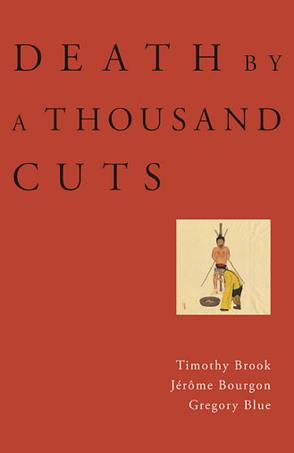
Death by a Thousand Cuts
In a public square in Beijing in 1904, multiple murderer Wang Weiqin was executed before a crowd of onlookers. He was among the last to suffer the extreme punishment known as lingchi. Called by Western observers "death by a thousand cuts" or "death by slicing," this penalty was reserved for the very worst crimes in imperial China.A unique interdisciplinary history, "Death by a Thousand Cuts" is the first book to explore the history, iconography, and legal contexts of Chinese tortures and executions from the tenth century until lingchi's abolition in 1905. The authors then turn their attention to an in-depth investigation of "oriental" tortures in the Western imagination. While early modern Europeans often depicted Chinese institutions as rational, nineteenth- and twentieth-century readers consumed pictures of lingchi executions as titillating curiosities and evidence of moral inferiority. By examining these works in light of European conventions associated with despotic government, Christian martyrdom, and ecstatic suffering, the authors unpack the stereotype of innate Chinese cruelty and explore the mixture of fascination and revulsion that has long characterized the West's encounter with "other" civilizations.Compelling and thought-provoking, "Death by a Thousand Cuts" questions the logic by which states justify tormenting individuals and the varied ways by which human beings have exploited the symbolism of bodily degradation for political aims. -
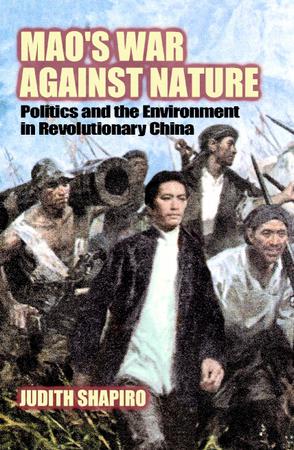
Mao's War Against Nature
In clear and compelling prose, Judith Shapiro relates the great, untold story of the devastating impact of Chinese politics on China's environment during the Mao years. Maoist China provides an example of extreme human interference in the natural world in an era in which human relationships were also unusually distorted. Under Mao, the traditional Chinese ideal of "harmony between heaven and humans" was abrogated in favor of Mao's insistence that "Man Must Conquer Nature." Mao and the Chinese Communist Party's "war" to bend the physical world to human will often had disastrous consequences both for human beings and the natural environment. Mao's War Against Nature argues that the abuse of people and the abuse of nature are often linked. Shapiro's account, told in part through the voices of average Chinese citizens and officials who lived through and participated in some of the destructive campaigns, is both eye-opening and heartbreaking. Judith Shapiro teaches environmental politics at American University in Washington, DC. She is co-author, with Liang Heng, of several well known books on China, including Son of the Revolution (Random House, 1984) and After the Nightmare (Knopf, 1986). She was one of the first Americans to work in China after the normalization of U.S.-China relations in 1979. -
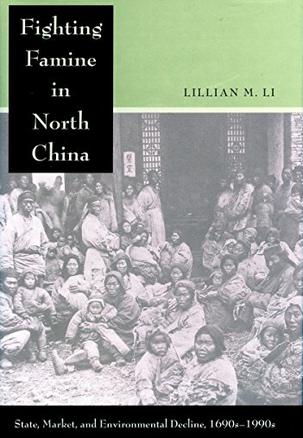
Fighting Famine in North China
This monumental work provides a new perspective on the historical significance of famines in China over the past three hundred years. It examines the relationship between the interventionist state policies of the eighteenth-century Qing emperors (0;the golden age of famine relief1;), the environmental and political crises of the nineteenth and early twentieth centuries (when China was called 0;the Land of Famine1;), and the ambitions of the Mao era (which tragically led to the greatest famine in human history). In addition to a wide array of documentary sources, the book employs quantitative analysis to measure the economic impact of natural crises, state policies, and markets. In this way, the theories of Qing statesmen that have received much attention in recent scholarship are linked to actual practices and outcomes. Using the Zhili-Hebei region as its focus, the book also reveals the unusual role played by the institutions and policies designed to ensure food security for the capital, Beijing. -
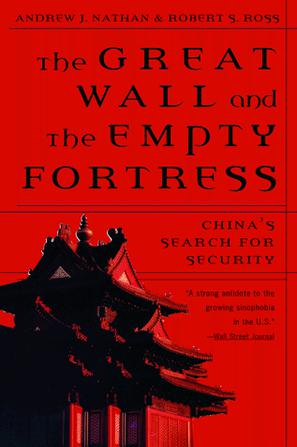
The Great Wall and the Empty Fortress
"A strong antidote to the growing sinophobia in the U.S."—Wall Street Journal Many see China and the United States on the path to confrontation. The Chinese leadership violates human rights norms. It maintains a harsh rule in Tibet, spars aggressively with Taiwan, and is clamping down on Hong Kong. A rising power with enormous assets, China increasingly considers American interests an obstacle to its own. But, the authors argue, the United States is the least of China's problems. Despite its sheer size, economic vitality, and drive to upgrade its military forces, China remains a vulnerable power, crowded on all sides by powerful rivals and potential foes. As it has throughout its history, China faces immense security challenges, and their sources are at and within China's own borders. China's foreign policy is calibrated to defend its territorial integrity against antagonists who are numerous, near, and strong. The authors trace the implications of this central point for China's relations with the United States and the rest of the world. http://www.wwnorton.com/catalog/spring98/greatwall.htm There is no country with which the United States has had a more complex and unpredictable relationship than China. With great intelligence and insight, Nathan and Ross provide us with the context of this difficult if "special relathinship." - Orville Schell, dean of the Graduate School of Journalism at the University of California, Bekerley A challenging view of a vulnerable, uncertain, often weak China, seeking status and securtiy....[The book is]espeically good on Peking's attitude toward human rights. - Jonathan Mirsky Indispensable for anyone seeking a deeper, more nuanced understanding of one of the worlds' more enigmatic nations. - Gordon H. Chang Los Angeles Times Book Review